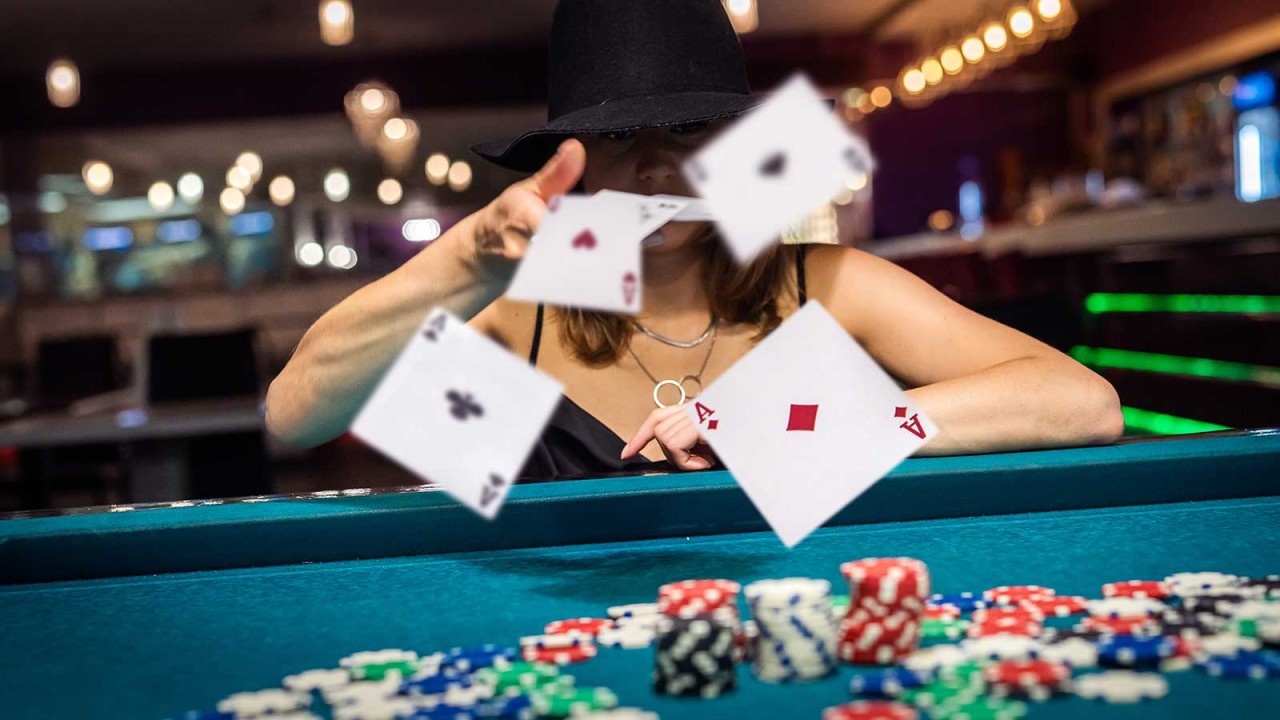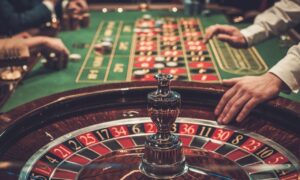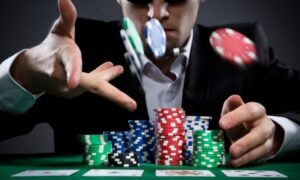Gambling, a pursuit entwined with chance and risk, is a realm where psychology plays a pivotal role. Within this complex landscape, rituals, whether conscious or unconscious, often manifest. These rituals can range from simple actions like tapping the table before placing a bet to more elaborate routines such as wearing specific clothing or following a strict sequence of actions.
But what impact do they have on a gambler’s behavior and self-assurance? In this blog post, we delve into the intriguing interplay between them and gambling psychology, exploring how they can both influence and reflect a gambler’s mindset.
Understanding Rituals in Gambling
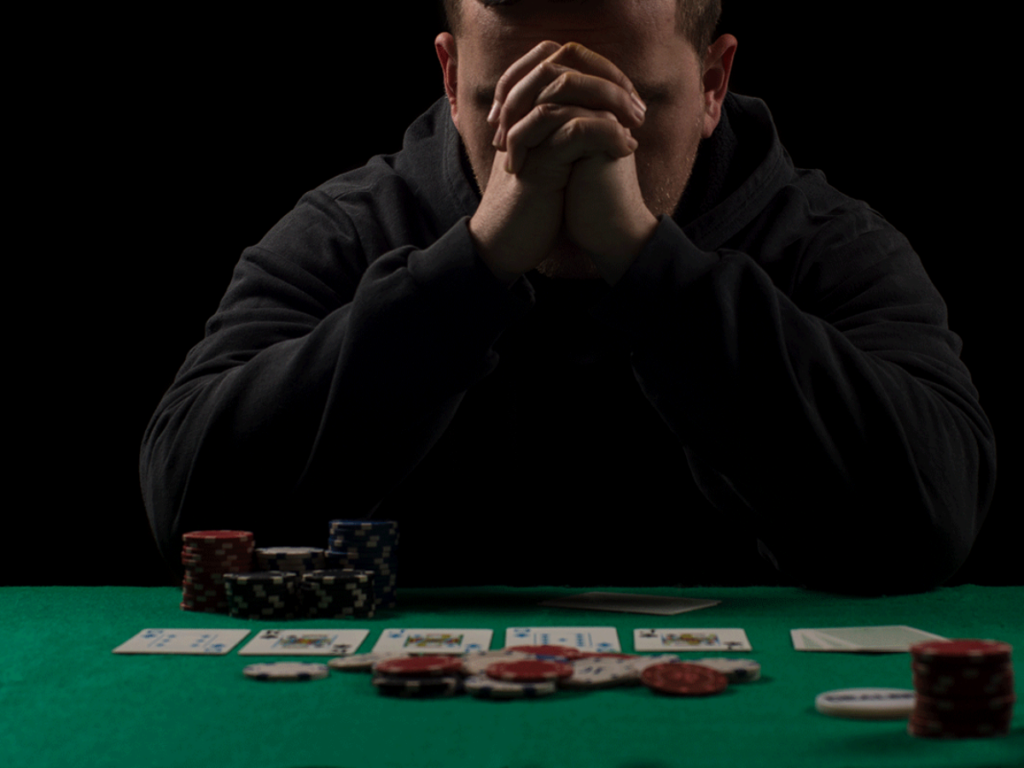
Source: promises.com
Rituals in gambling are not merely superstitions or arbitrary behaviors; they are deeply rooted in psychology. Humans have an innate tendency to seek patterns and create them to impose a sense of order on the unpredictable nature of gambling. Psychologically, they can serve as a form of control in an environment where outcomes are largely determined by chance.
In fact, platforms like kakekmerah4d recognize their importance in gambling psychology. They offer a variety of games and opportunities for players to engage in their preferred rituals, whether it’s choosing lucky numbers, performing a special gesture before placing a bet, or following a specific routine before starting a game. They not only add a layer of excitement to the gambling experience but also contribute to the sense of control and empowerment that players seek.
The spectrum of gambling rituals is vast and diverse, varying across cultures, individuals, and games. Some of them are personal and idiosyncratic, unique to individual players, while others are more conventional and widely practiced within gambling communities.
Common ones include repetitive behaviors like touching specific objects, arranging chips in a particular pattern, or uttering specific phrases or prayers. In addition to these actions, they may also involve environmental factors such as choosing a preferred seat at the table or adhering to a strict routine before engaging in a gambling session.
The Impact of Rituals on Behavior

Source: kindbridge.com
This enhanced concentration may lead to improved decision-making skills and increased resilience in the face of adversity, as the individual feels more in tune with the game and their surroundings.
Moreover, they can act as psychological anchors, providing a sense of continuity and familiarity amidst the unpredictability of gambling outcomes. This psychological stability can bolster self-assurance and resilience, enabling players to navigate the highs and lows of gambling with greater composure.
Beyond their immediate psychological effects, rituals can also shape long-term behavioral patterns in gamblers. Over time, repetitive engagement in rituals can reinforce certain behaviors and beliefs, establishing a sense of continuity and consistency in the individual’s gambling practices. This habitualization can contribute to the development of a gambling identity, wherein they become integral components of the individual’s self-concept and gaming persona.
Cultivating Self-Assurance through Rituals

Source: e-playafrica.com
One of the most significant effects in gambling is their ability to bolster self-assurance and belief in one’s abilities. By engaging in them, players create a sense of ritual efficacy—the belief that their actions can influence the outcome of a game. This perception of control and mastery can instill confidence in the player, empowering them to approach gambling with a positive mindset and a readiness to take calculated risks.
Moreover, rituals serve as symbolic affirmations of competence, signaling to oneself and others a commitment to success and a willingness to invest time and effort in achieving desired outcomes. This self-affirming cycle of ritual enactment and positive reinforcement can contribute to a self-perpetuating cycle of confidence-building in gambling contexts.
In addition to enhancing confidence, they can also serve as effective coping mechanisms for managing stress and anxiety in gambling situations. The uncertain and volatile nature of gambling can evoke strong emotions, ranging from excitement and anticipation to frustration and disappointment. In such moments, rituals provide a sense of stability and control, offering a familiar anchor amidst the turbulence of emotions. By adhering to familiar rituals, players can regain a sense of agency and equilibrium, mitigating the psychological impact of losses and setbacks.
Risk Perception

Source: roulettesites.org
This may create a sense of agency and mastery, leading individuals to believe they can influence the probability of winning or losing. This perceived control can impact risk perception, influencing the decisions individuals make during gameplay. By studying the relationship between them and risk perception, researchers can gain valuable insights into the cognitive processes underlying gambling behavior.
While they may enhance perceived control, they can also contribute to the illusion of control—a cognitive bias wherein individuals overestimate their ability to influence chance-based outcomes. This illusion of control can lead to irrational beliefs and behaviors, such as chasing losses or placing larger bets based on superstitions.
Rituals and Problem Gambling
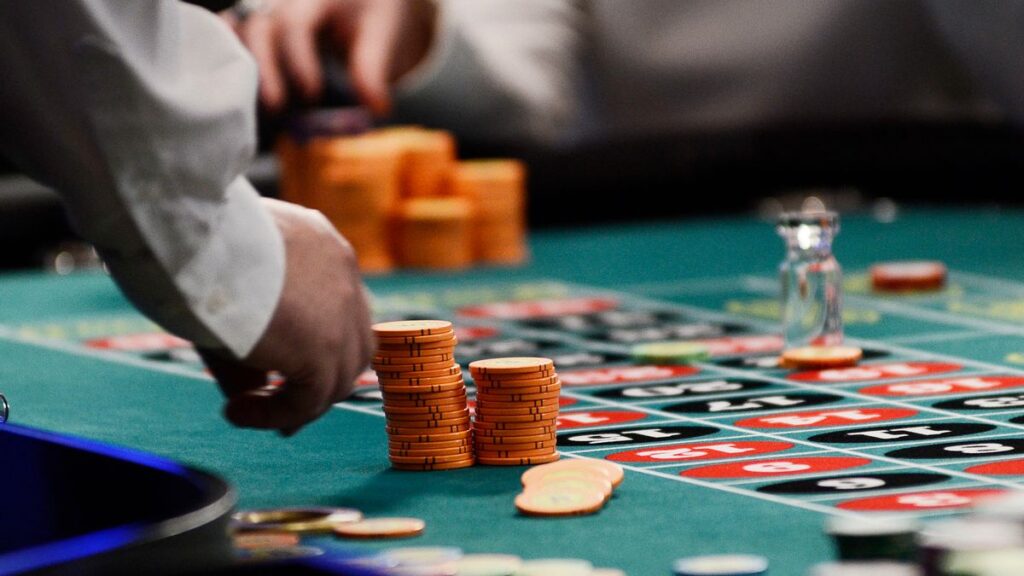
Source: salon.com
In some cases, rituals in gambling may become compulsive or ritualized, leading to problematic gambling behaviors. Individuals experiencing problem gambling may develop rigid rituals or routines as a means of coping with stress, anxiety, or other underlying psychological issues. They can exacerbate gambling-related harm and interfere with daily functioning, highlighting the complex interplay between rituals and mental health.
Recognizing the potential impact on problem gambling, researchers and clinicians have developed intervention strategies to address maladaptive rituals and promote healthier gambling behaviors. Cognitive-behavioral therapy, mindfulness techniques, and motivational interviewing are among the approaches used to help individuals modify their gambling rituals and develop coping skills to manage urges and triggers.
Conclusion
In conclusion, the relationship between rituals and gambling behavior is a multifaceted phenomenon shaped by psychological, cultural, and individual factors. They serve as powerful tools for managing uncertainty, enhancing self-assurance, and regulating emotional responses in gambling contexts.
Understanding risk management in gambling is essential for ensuring a balanced approach to the practice. By implementing strategies that mitigate potential losses and emphasize responsible decision-making, gamblers can protect themselves from the pitfalls of excessive gambling. Effective risk management not only prevents financial and personal distress but also contributes to a more sustainable and enjoyable gambling experience.
By understanding the underlying mechanisms and effects of rituals, players can harness their potential to cultivate a positive and empowering gambling experience. Whether through simple gestures or elaborate routines, rituals play a significant role in shaping the mindset and behavior of gamblers worldwide. As we continue to explore the intricate interplay between psychology and gambling, the influence of rituals remains a fascinating area ripe for further investigation and discovery
